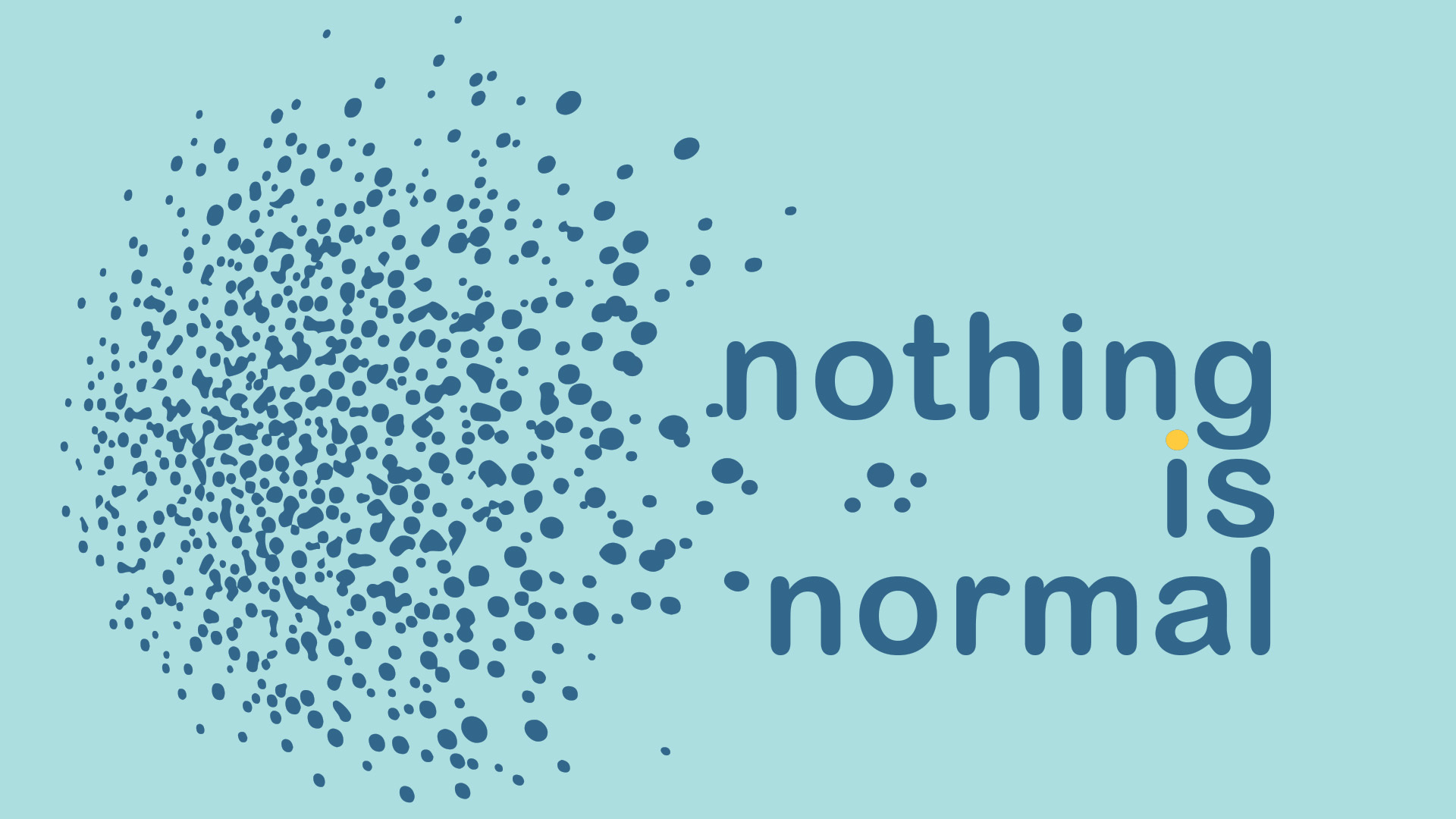Published by
There are at least two types of folks for whom edge cases can result in poor experiences: the spoiler and the infrequent flyer. The spoiler is the most dangerous because they can exploit an edge case to ruin everyone’s day. They may even get a sense of satisfaction in doing so because they “beat the system.”
There was a video bouncing around social media that you may have seen. It showed a large touchscreen customers could use to order food at a restaurant. Then along comes the spoiler. You see a hand go to the bottom of the screen and repeatedly pinch/zoom until they had access to the machine’s Start button and shut it down. Then no one could order food.
You can almost feel the satisfaction of the original poster with their “they didn’t count on me” attitude. Sure, this was an edge case – most people wouldn’t bother to try something like that, but once someone did the experience was ruined for everyone. Granted the stakes were low in that instance since the machine could be restarted, but the stakes aren’t always low.
When helping a hospital roll out their Electronic Medical Record (EMR) I came across an edge case in my testing. We had implemented the EMR in other hospitals, but this was our first teaching hospital which meant Medical Students. Early year med students need almost all the same access in an EMR as their fully licensed counterparts, but are not allowed to sign orders. If they did they and the hospital system could get in serious trouble. Worse, a patient could be harmed. As with any complex system there are multiple ways to limit them. The UI we presented to them didn’t have an available button to sign orders – except in one circumstance. If they clicked through 6 or 7 screens to drill down to a single report they could find an old order, review the details, and they could renew the order (unless it was a medication) and sign off on it. I realized this, but figured no one would stumble upon it.
Less than 4 hours after turning the system on a med student walked into our command center and reported this as an issue. Thankfully he hadn’t actually signed an order this way, but he discovered it before his first shift was even out.
The look of pride on his face was astounding. You’d think he had just discovered a cure for diabetes or figured out how dementia patients could have perfect recall, but no. He just beat the system.
For the infrequent flyer it may often seem that the system is beating them. The infrequent flyer is your more standard edge case scenario: they are a small sample of the folks that will have the experience. When designing a product or system decisions have to be made to draw the line somewhere. When designing a health insurance app how many dependents should you account for? The average family has .78 children today. Olivia and Rudolph Schoelzel had 21 children in 24 years. Do you make space for 24 entries? 20? 12? 5? Like most things in life there are no correct answers, but two things are worth keeping in mind about infrequent flyers: they may not be as infrequent as initially expected and 100% of the individual’s experience is bad when not considered.
I was once working with an executive on their system for offboarding members from projects. It was determined fairly quickly that the Project Manager would be responsible for initiating the process. Being something of a spoiler myself I asked what happens if the person being offboarded was the project manager. The executive initially dismissed this as an edge case, but ultimately it had to be resolved. Despite how we may treat them at times project managers are people too. They get reassigned, quit, get fired, grow old, and retire just like anyone else. The system will have to deal with the scenario at some point so accommodations needed to be made or people would fall through the cracks.
The impact on people that fall through these cracks should not be discounted. This past year I’ve had the privilege of volunteering with the International Rescue Committee by assisting a refugee family acclimate to life in the United States. If the US took their full complement of refugees in 2023 (125,000) that would be less than .04% of the population. The first language for the family we work with is spoken by less than 2 million people on the planet. From the perspective of the government agencies and non-profits that offer them assistance they are the edgiest of edge cases.
Given their status and language difficulties it took a pile of literal paperwork, two trips to the county office, 6 or 7 phone calls, standing in at least 4 lines, and a whole lot of persistence to get them their EBT cards just so they’d have the money for food that they qualified for on day one. They may be .00000000001% of the cases, but 100% of their money for food took 3 months to get. Just an awful experience from my point of view. When it was all done I texted the dad to apologize for how long this process took. Being new to English I believe he wanted to say “Don’t worry about it. This is just how it goes.” After all this is just one of many difficulties they’ve had to deal with. What he actually texted was “Nothing is normal.”
How right he was. Normal is a shorthand we use to understand the world around us, but it doesn’t truly exist. Getting through 90% of the available scenarios may not be good enough. The next time you come across an edge case think about those spoilers and those infrequent flyers. They may not be numerous, but their impact on everyone and the impact to them could be huge.
The Spoiler
- The spoiler exploits edge cases, spoilers disrupt systems for satisfaction.
- Spoilers can impact critical systems, posing risks in healthcare.
- Spoilers take pride in discovering system vulnerabilities, necessitating robust design to prevent exploitation.
The Infrequent Flyer
- Infrequent flyers bring diverse, unpredictable situations.
- They’re edge cases requiring flexible system design.
- Recognize individuals in rare scenarios to prevent negative impacts.
- Varied backgrounds mandate systems that cater to diverse needs.
- Longer processing times in unique cases can be detrimental.
Originally published in EXP Magazine. Learn more about our Healthcare Practice.
Share:
Categories
tags
Related Posts

The Value of Agency Project Managers

Your Guide to a Product Analytics MVP


